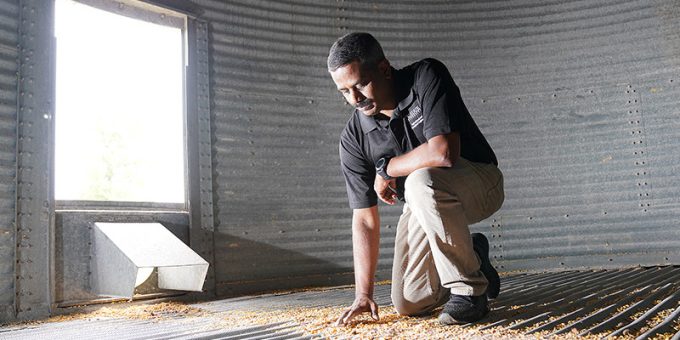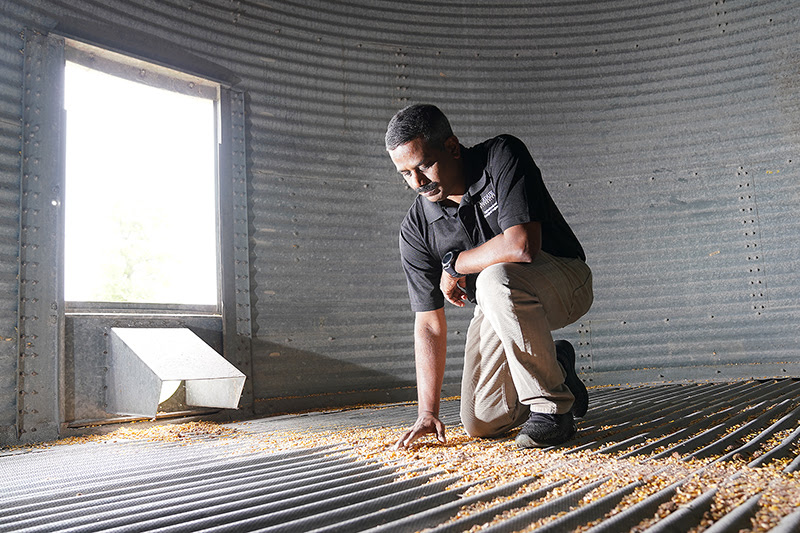
WEST LAFAYETTE — The annual summary recording nationwide grain dust explosions reported nine incidents in the United States in 2023, resulting in 12 injuries but no fatalities.
“Dust explosions are one of the most serious hazards that can occur in the grain industry,” said Kingsly Ambrose, Purdue University professor of agricultural and biological engineering and report author. “The explosions can also lead to significant financial and personal losses from downtime, repair, injuries and fatalities.”

Last year’s nine incidents marked no increase from those reported in 2022. The 10-year average of 8.4 explosions remains relatively unchanged. Notably, this average is significantly lower than the average number of incidents before implementing the Occupational Safety and Health Administration’s grain handling standard in 1988.
Ambrose said all the explosions occurred in the Midwest, mostly in the corn handling or processing industry.
The explosions occurred in one ethanol plant, a wheat mill, two grain elevators, two soybean processing plants, two corn processing plants, and one corncob processing plant. The probable ignition sources were identified in two cases as fire and another as equipment malfunction, while six cases were from unknown sources. Fuel sources for all nine of the explosions were identified as grain dust.
The dust explosions occurred in four different states, three in Illinois and Minnesota, two in Iowa, and one in Indiana.
“There is a critical need to educate the workers and employers on dust explosion prevention within a facility, including assessments of dust accumulation and dust explosion protection methods,” Ambrose said.
He further stressed the need to develop relevant and practical hands-on educational materials to raise awareness and adoption of prevention technologies by grain handling and processing facilities.
Purdue has been involved in collecting data related to grain dust explosions in the U.S. since 2015



